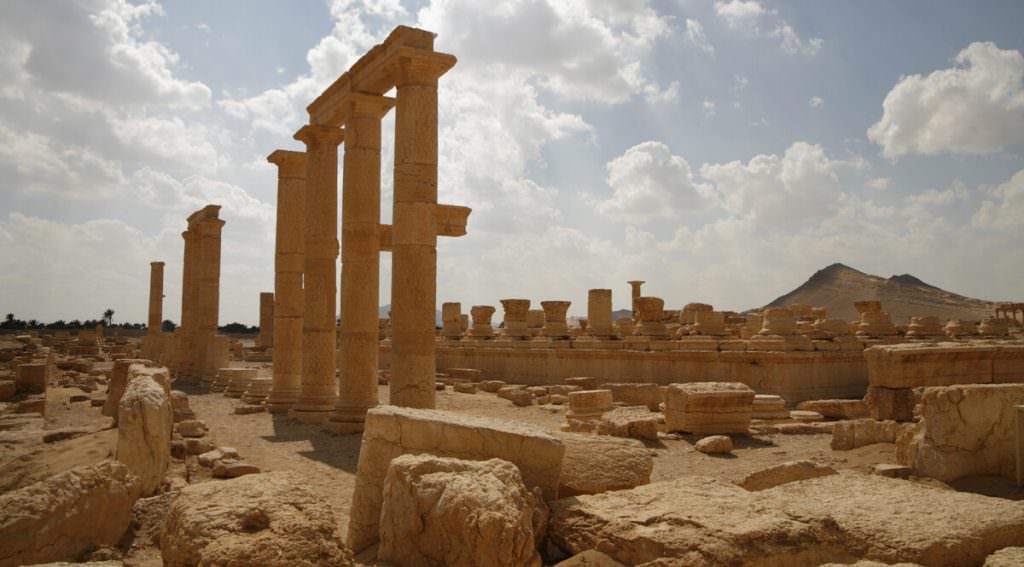This course in an introductory survey of the peoples of the ancient Mediterranean (the Near East, Greece, and Italy) from ca. 3000 BCE to ca. 700 CE, focusing on the history, material culture, artistic production, food culture and religion of the diverse civilizations of these regions. A privileged observatory will be offered by the insular context of Crete, Malta and Sicily, that played, each one in its own way, a major role in the development of the current Mediterranean culture. After an initial section aimed at providing the geographic and historical foundations, the course will be structured in three main modules.
The first module deals with the study of the role of ancient architecture as main medium to manifest faith and power. From the megalithic temples of Malta to the Athenian Acropolis, from the Greek theater of Siracusa to the Coliseum in Rome, the most emblematic accomplishments and impressive built heritage of the Mediterranean civilizations were driven by the desire to appease the deities or by the ambitions of the rulers. Key cases studies will be analyzed to identify parallels with modern and contemporary architecture related with the Church and the Palace.
The second module focuses on the archaeology of food of Graeco-Roman civilizations and the study of material culture of food and drinks and the analysis of the role of food in religious and funerary rites as well as in artistic representations (painting, statuary, pottery production). Particular emphasis will be given to the genesis of the so-called Mediterranean diet and to the legacy and impact of Graeco-Roman culinary and dietary habits on current Italian and Greek foodways, that are in essence a nexus of archaeological intangible and tangible heritage.
The third module in centered on the study of innovative 3D digital tools for documentation, interpretation via visualization and public dissemination of Mediterranean archaeological heritage (i.e. archaeological virtual tours, virtual and augmented reality experiences, archaeo-games) and their effect of their application for best practices of tourism and hospitality sectors in Italy and Greece.



